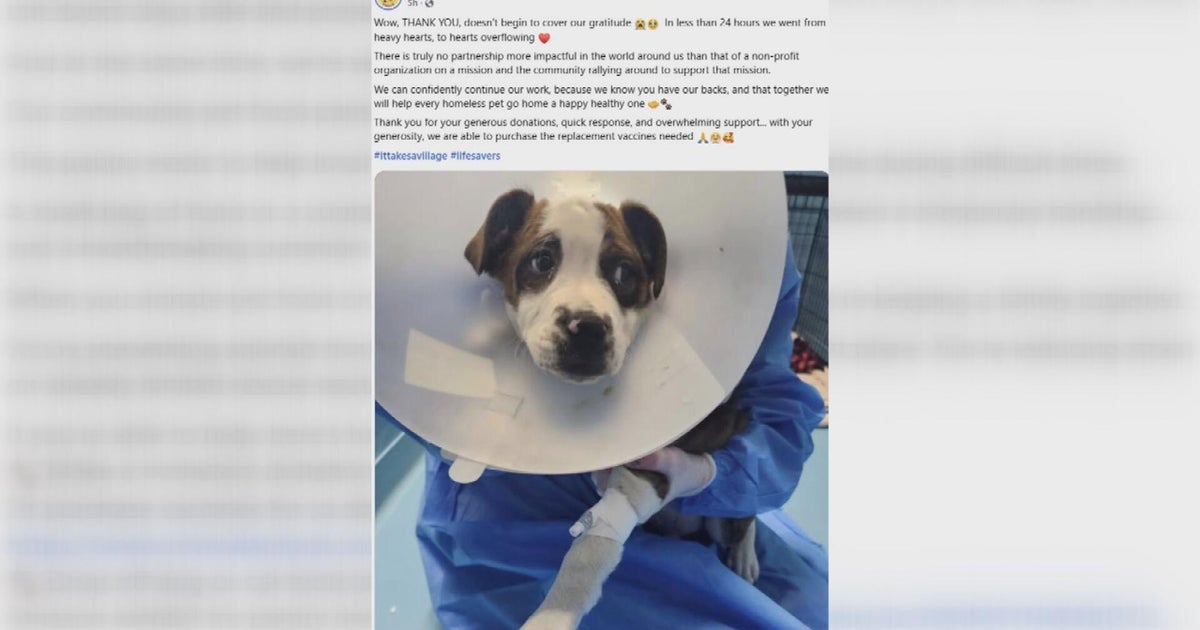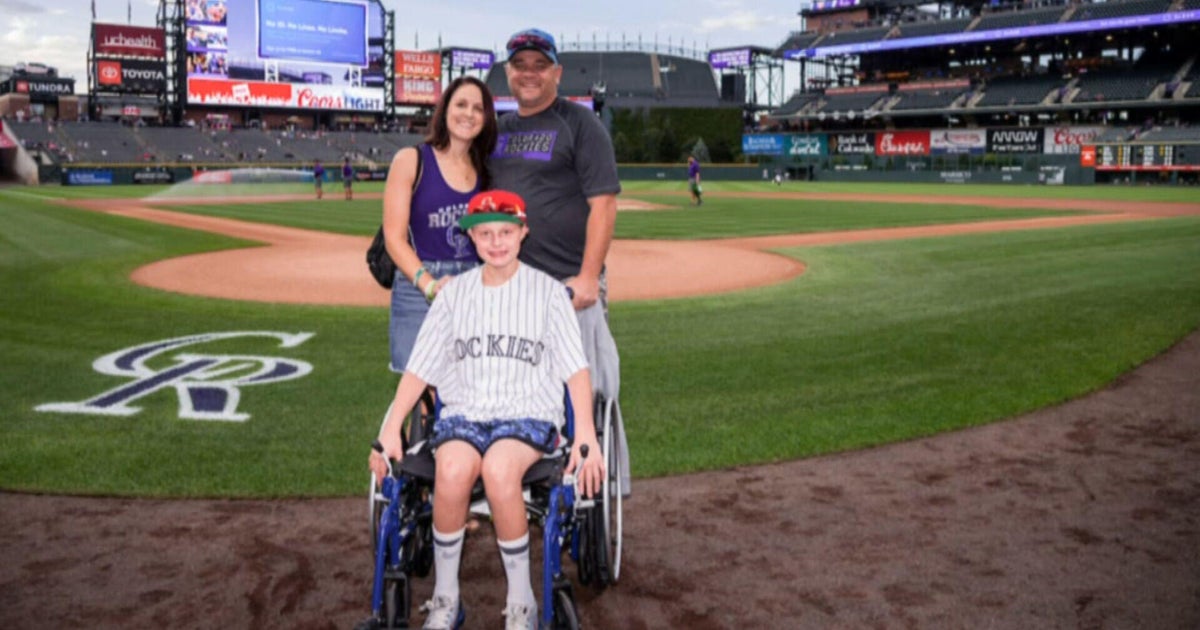Could people still be infectious after they're vaccinated for COVID-19?
Vaccine trials test for efficacy, that is, whether or not a vaccine protects a participant from contracting a specific disease, in this case COVID-19. But trials do not look at whether a person could still be infectious — able to give the disease to other people — after receiving a vaccine.
"We just do not know yet the answer to (that) question," said Dr. Jaime Sepulveda, executive director of the Institute for Global Health Sciences at the University of California, San Francisco. "The clinical trials were not designed to have that as an endpoint."
Britain became the first country to approve a COVID-19 vaccine last week, and the U.S. is on the brink of authorizing its own. But on top of significant distribution hurdles, the unanswered question of post-vaccination transmission means that even as large numbers of people are vaccinated, the disease may not be eradicated quickly.
Any coronavirus vaccine is a monumental scientific achievement, but the record pace also means that questions about duration and transmission of the disease, typically answered through years-long trials and studies, are simply unknowable at this time. Many existing vaccines reduce transmission, but that doesn't necessarily mean a coronavirus vaccine will.
"There are examples on other vaccines to illustrate the point," Sepulveda explained. "There are two polio vaccines: OPV and IPV — both are great, but serve different purposes. IPV protects the individual better and is safer, but does not interrupt transmission, which OPV does." The same could be true of the coronavirus vaccine.
Pfizer's final assessment of its trial data showed its vaccine was 95% effective at producing immunity, an "exceptionally high" rate, Dr. Moncef Slaoui, adviser to the White House's Operation Warp Speed, told CNN. The exceptional immunity result, however, "does not imply" that there's not still some virus left in a person, according to Dr. Maria Elena Bottazzi, associate dean of the National School of Tropical Medicine at Baylor College of Medicine and co-director of the Texas Children's Center for Vaccine Development.
"We don't have the clinical trials to show that people who are vaccinated are not shedding the virus," Dr. Dyan Hes, founder of Gramercy Pediatrics in New York City, told CBSN. "They might not be getting sick, but they might still be shedding if they got it."
Dr. Joel Ernst, an immunology and infectious disease expert at UCSF, said that "in the absence of any other information," it's safe to assume that "having antibodies won't protect you from shedding the virus."
Unlike the flu virus, the coronavirus can easily be transmitted by people who aren't showing any symptoms. "It's really unusual to transmit flu without symptoms, but with COVID we know that a tremendous amount of transmission is with people who don't have symptoms," Ernst explained.
A model published by the National Academy of Sciences in July estimated that 50% of coronavirus cases may be caused by asymptomatic spread.
Because so much remains unknown about transmission, it will not be safe for people to stop wearing masks immediately after they are vaccinated. Asked how long people will need to continue wearing masks, Bottazzi said that COVID-19 guidelines will need to be followed until we meet two criteria: mass vaccination, and a reduction in the curve of cases — "for a long time," she said. The United States reported more than 3,000 coronavirus deaths on Wednesday, the highest single-day total, according to Johns Hopkins University.
Sir Roy Anderson, a professor of infectious disease epidemiology at the Imperial College London and director of the Centre for Neglected Tropical Disease Research, said a "gradual transition" will be necessary to return to a world "where we can all walk around like we did before the pandemic hit." He said that "eventually" people will no longer be asked to wear masks after being vaccinated, but added that "until we know that this vaccine is working, we are going to have to wear a mask."
One metric of vaccine effectiveness is achieving what's known as "herd immunity." This occurs when mass vaccination confers widespread immunity to an infectious disease on a population, providing indirect protection. "Measles, mumps, polio, and chickenpox are examples of infectious diseases that were once very common but are now rare in the U.S. because vaccines helped to establish herd immunity," according to Johns Hopkins. Outbreaks of inoculated diseases can crop up in communities with lower vaccine coverage because they don't have herd immunity.
It is estimated that 70-80% of people need to be vaccinated against the coronavirus to achieve herd immunity. According to Slaoui, Operation Warp Speed has plans to produce enough vaccine to meet that threshold by May of next year.
"We may start to see some impact on the most susceptible people probably in the month of January and February. But on a population basis, for our lives to start getting back to normal, we're talking about April or May," Slaoui told "Face the Nation". "And therefore it's absolutely vital that everybody a) take comfort in the fact that we have light at the end of the tunnel, and find the energy in that to continue wear our masks, distance, wash our hands, pay attention to what we're doing to make sure that we are there by the spring to benefit from the vaccine."
But, as Dr. Susan Buchbinder, a clinical professor of medicine, epidemiology, and biostatistics at UCSF, warned in its magazine earlier this month, achieving herd immunity will ultimately "rely on whether and to what extent the vaccine keeps people from being infectious."
"We will need some other studies, currently being planned, to tell us whether it is also keeping people who become infected from passing the virus on to others. We don't have all that data yet," she wrote. "So for now, we are going to need both a vaccine that induces high levels of protection against infectiousness, and a population willing to receive a vaccine."



